We may earn money or products from the companies mentioned in this post. This means if you click on the link and purchase the item, I will receive a small commission at no extra cost to you ... you're just helping re-supply our family's travel fund.
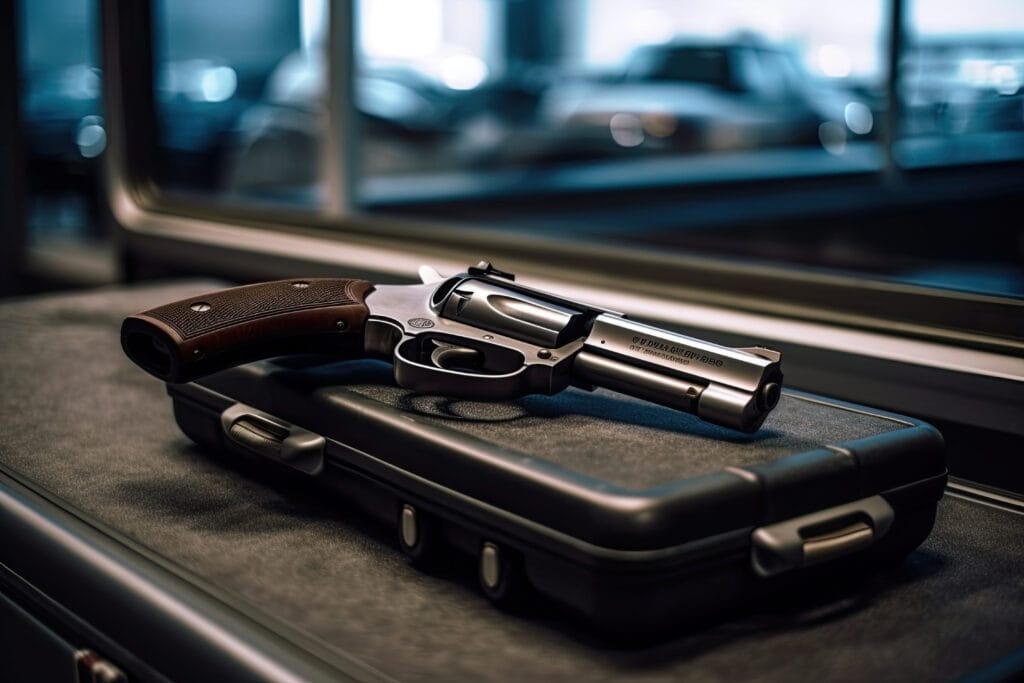
On a map, an interstate looks simple: a clean line cutting across open country. In reality, every border that line crosses can flip the rules on what kind of firearm is legal, how it must be stored, and who may touch it. People who see themselves as careful, law-abiding owners sometimes discover that yesterday’s perfectly legal setup becomes a chargeable offense at the next exit. The gap between state laws, federal protections, and local enforcement often leaves travelers navigating more than traffic.
Permit Reciprocity That Ends At The State Line

Concealed carry permits feel like driver’s licenses to many gun owners, but they do not travel as easily. Some states recognize a wide range of outside permits, while others, including places like New York and New Jersey, recognize none at all. A traveler who forgets that distinction can step out of a car legally armed in one state and illegally armed in the next. Police and prosecutors often treat ignorance of reciprocity maps as no defense.
Magazine Limits That Turn Gear Into Contraband

Standard magazines in one region become banned equipment in another. States with 10- or 15-round limits treat higher-capacity magazines as illegal to bring, sell, or sometimes even possess, regardless of where they were purchased. A traveler who loads up at home may cross into a state where those same magazines are treated like prohibited items. Federal safe-passage rules do not clearly protect magazines, leaving owners exposed if traffic stops, accidents, or hotel parking lot checks bring them to light.
“Assault Weapon” Definitions That Shift By Zip Code

A rifle considered ordinary in one state can be classified as an “assault weapon” in a neighboring one based on features like adjustable stocks, threaded barrels, or detachable magazines. Those definitions and registration rules change frequently, and some states forbid bringing in unregistered models entirely. A traveler who thinks in broad categories, not specific statutes, may roll across a bridge with a rifle that becomes illegal by configuration alone. That mismatch can turn a routine encounter into a serious felony conversation.
Misreading Federal “Safe Passage” As A Free Pass

The Firearm Owners Protection Act’s safe-passage provision sounds straightforward: unloaded firearms, locked away and legal at both origin and destination, may pass through restrictive states. In practice, courts and local authorities have narrowed how that protection applies, especially when travelers stop for more than fuel or food. Once a person overnights, detours into a city, or flies in and out of airports with strict local rules, that federal shield can weaken. Believing it guarantees immunity has led some into unexpected charges.
Airport Check-Ins That End In Handcuffs
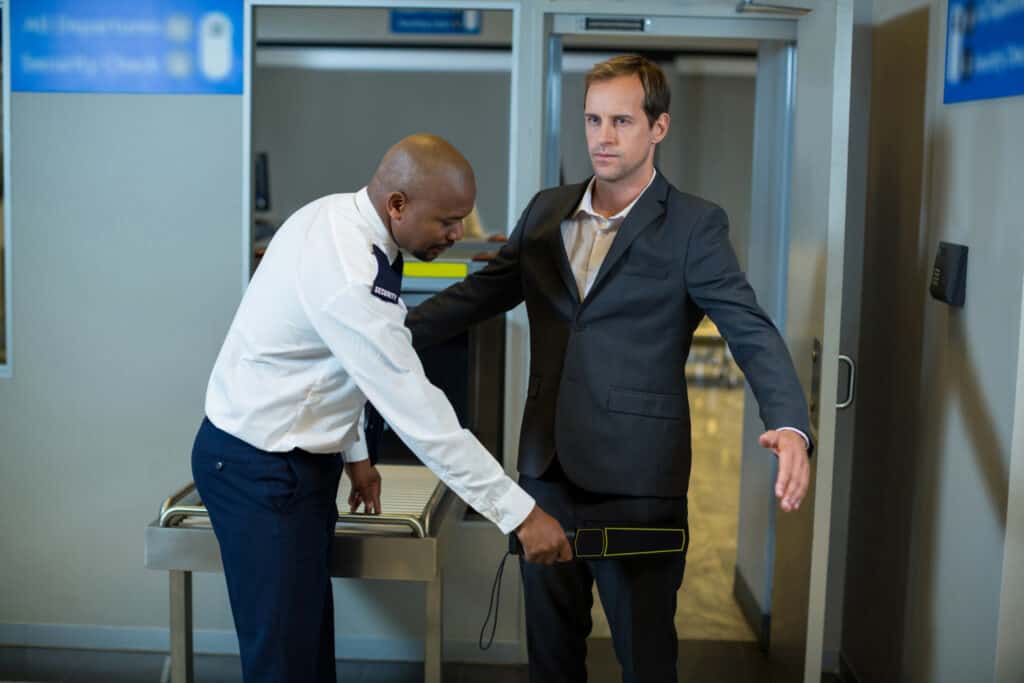
Many travelers follow airline instructions, declare a checked firearm at departure, and assume the same process works nationwide. In airports located in jurisdictions with strict handgun or licensing laws, such as New York City, simply possessing the firearm at the counter can violate local statutes, regardless of federal or home-state rules. Diversions and missed connections make this worse: a bag lawfully checked in one place can turn into a legal problem when reclaimed in another. TSA calls may quickly lead to local police involvement.
Vehicle Carry Rules That Reverse Overnight
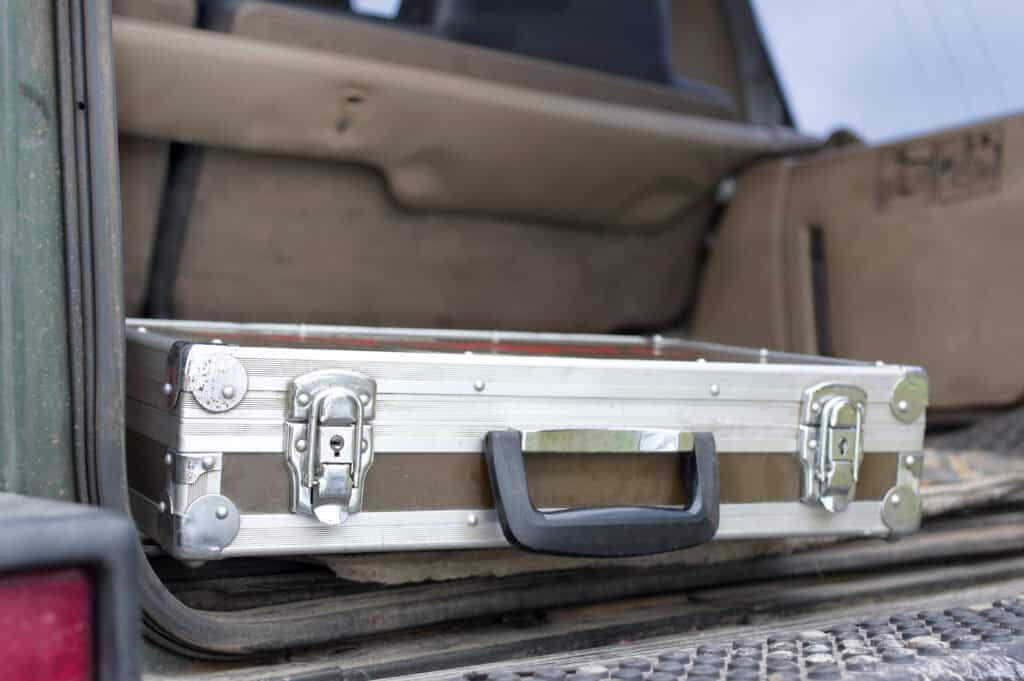
Some states allow loaded handguns in vehicles without a permit, treating the car almost like an extension of the home. Others require permits, specific storage locations, or complete unloading whenever the vehicle is in motion. A setup that feels ordinary at one gas station might count as an unlicensed, accessible weapon at the next. Traffic stops become flashpoints when officers and drivers are operating under entirely different assumptions shaped by their own home laws.
Duty To Inform Laws That Change Traffic Stops

In some states, anyone carrying a firearm must immediately tell an officer during official contact; in others, disclosure is required only if asked, or not addressed at all. Crossing borders without tracking those differences can turn a cooperative traffic stop into an offense by itself. A driver who stays silent in a mandatory “duty to inform” state may face charges even when the underlying carry would have been legal. The details live in statutes that rarely appear on roadside signs.
School Zone Rules That Ignore Local Permits
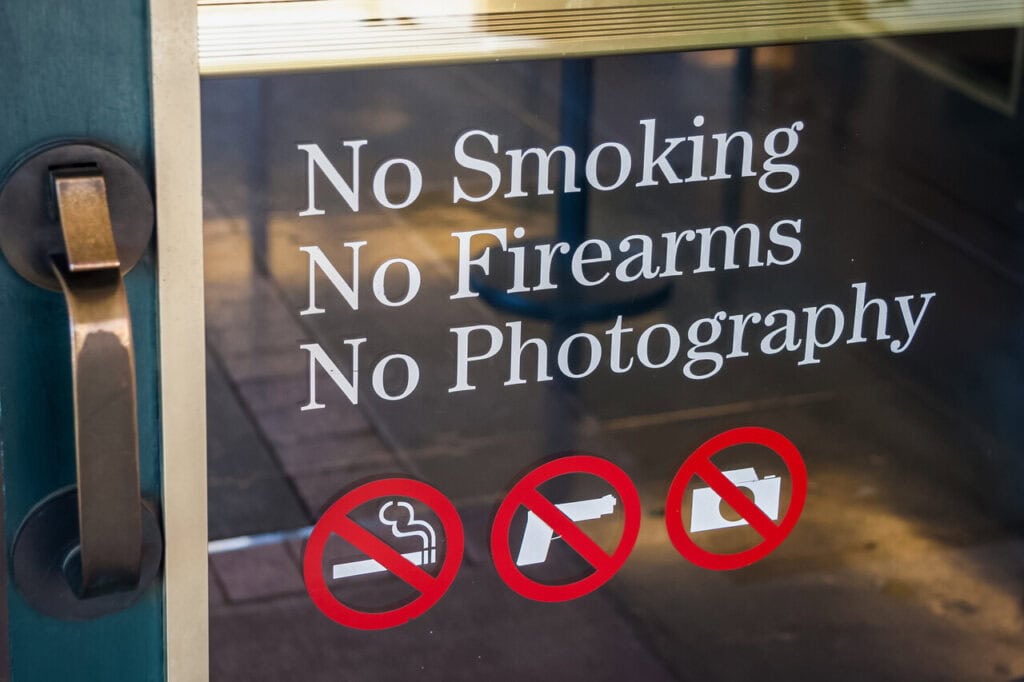
Federal Gun-Free School Zones law and state-level counterparts create invisible rings around many urban and suburban roads. In some jurisdictions, local permits do not automatically grant exceptions once a person leaves the issuing state. A traveler relying on a home-state license may unknowingly pass through or stop within a restricted zone where possession rules tighten. While enforcement varies, the legal language can turn a quick detour by a school or campus into a more complicated question than most road maps reveal.
Ammunition Types Treated As Separate Offenses

Certain states treat specific ammunition, such as particular hollow-point designs or armor-piercing rounds, as regulated items distinct from the firearm itself. A traveler who tosses mixed boxes into a range bag may focus on gun laws and miss that cartridges carry their own restrictions. Crossing into a state with tight ammo rules can add extra charges on top of any firearm violation. Even where enforcement is rare, the legal framework exists and has been used in some high-profile cases.
Crossing Into States With Tight Purchase And Possession Rules
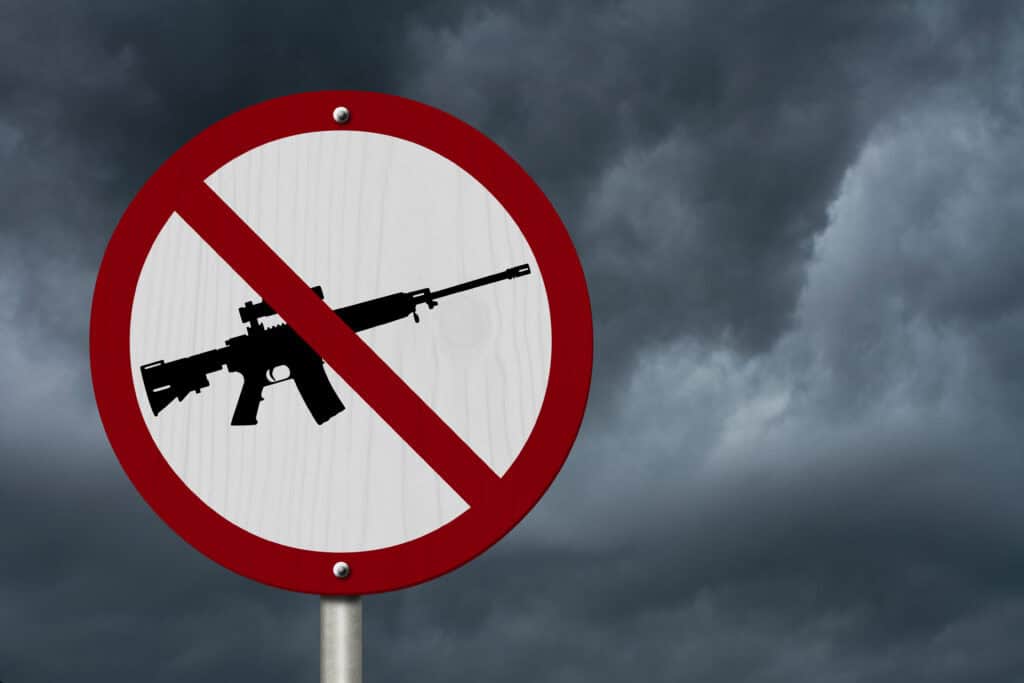
States like New Jersey layer licensing and identification requirements onto basic possession, not just purchases. A traveler whose handgun is fully lawful at home may be barred from possessing it at all inside such jurisdictions without state-issued permits. Stopping there for the night or visiting family, even without carrying publicly, can create exposure if local law enforcement discovers the firearm. The jump from compliant owner to unlicensed possessor can happen simply by crossing a bridge or taking a wrong exit.